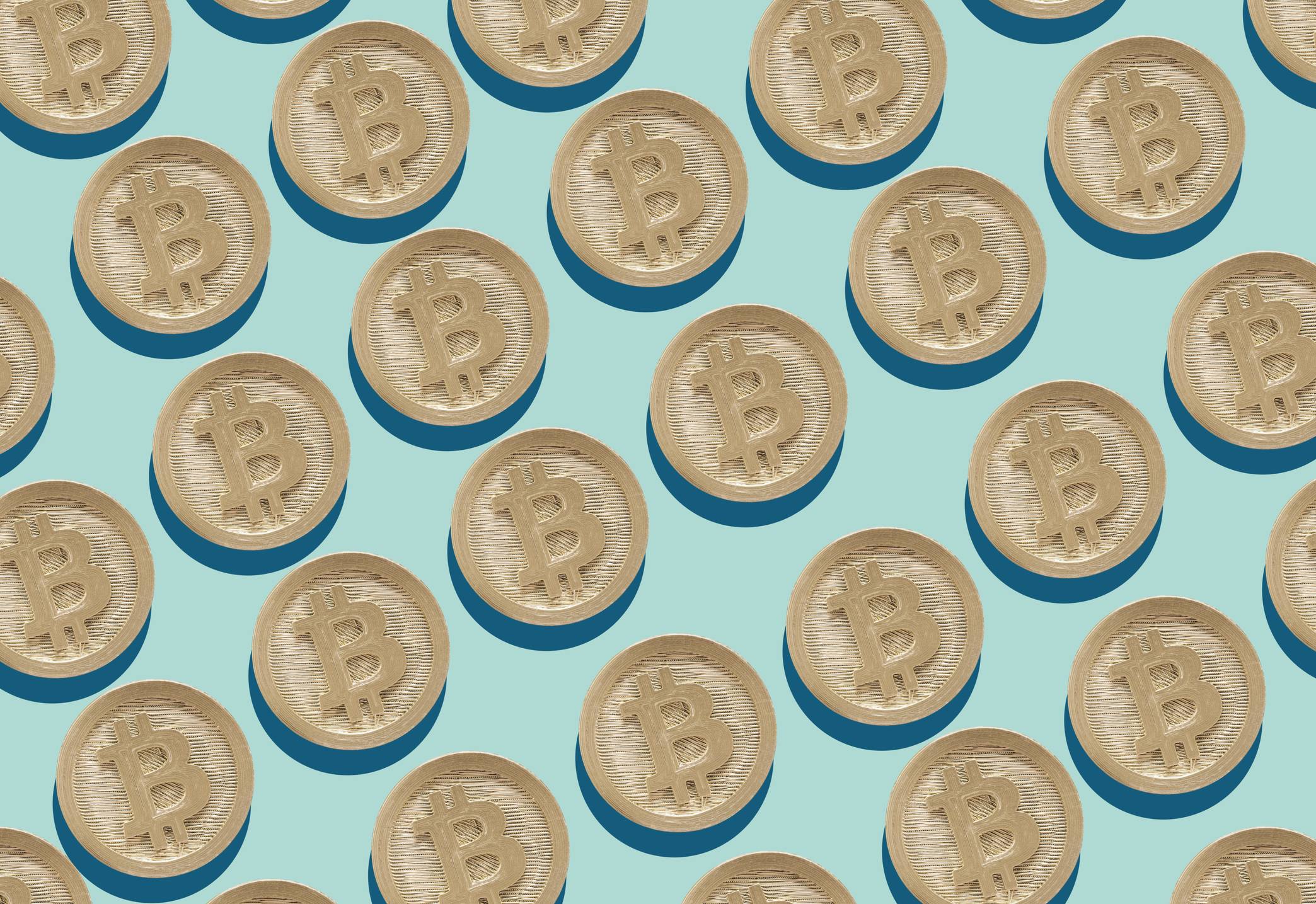Stark contrasts in how digital currencies are viewed around the world were on display this week, as billionaire Mark Cuban said bitcoin has “no chance” of becoming a reliable currency and China pushes ahead with a plan to test and introduce a digital one.
“It’s too difficult to use, too easy to hack, way too easy to lose, too hard to understand, too hard to assess a value,” Cuban told Forbes in an email. Bitcoin would only have value as a collectible like art or gold, he said.
Cuban’s comments — not his first criticism of bitcoin — were made as China’s central bank accelerates its plan to issue a digital currency. The People’s Bank of China (PBC), China’s central bank, is planning trials of the currency in cities including Shenzhen, according to Global Times, which is published by the Communist Party’s People’s Daily.
The different opinions may reflect various strategies around the world toward electronic money. China is following a strict, highly regulated rollout with the backing of its central bank. The country has cracked down on illegal activities, and closed crypto exchanges last month. Meanwhile, the U.S. is still wrestling with how to regulate cryptocurrency trading, while other countries, including Japan, have less restrictive environments. Some planned currencies, like Facebook’s Libra, are being criticized by central banks around the world, including the U.S. Federal Reserve.
Meanwhile, the price of bitcoin, under pressure due to the Chinese restrictions, fell further and is now down about 44% since its high this year in June. Still, it’s almost doubled since the year began.
China is seeking to introduce a digital currency “to stay ahead of the competition among central banks around the world and help preserve financial sovereignty,” Global Times said, noting that France’s central bank last week announced a plan to test a digital currency next year.
- In another digital currency warning, Switzerland’s financial regulator warned that Blockchain, the technology that supports bitcoin, increases money-laundering risks in the country.






















